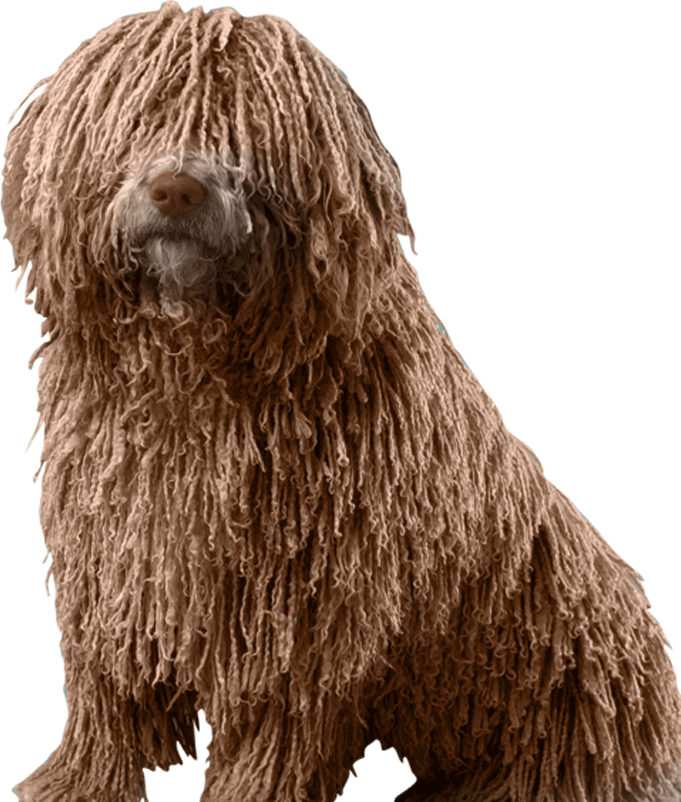How much do you really
know about dog tumors?
How much do you really
know about dog tumors?


Here are a few things that you need to know about a dog tumor, which can help you take better care of your dog.
Did you know that dogs too are prone to cancer?
A non-lethal looking tumor can develop into a deadly disease such as cancer and cost life to your dog. There are various reasons behind tumor growth in dogs and cancer treatment for dog can be very expensive.
It is important that you are fully prepared for the unknown by possessing must-have dog medical insurance. This insurance can help you cover not just the treatment, but also the regular checkups to make sure the tumor is not growing back again.
If you have a dog at your home, you should seek the best diagnosis if you notice any unusual behavior in your dog.
Symptoms of tumor/cancer in dogs
It is always better to take your pet dog to veterinarian care if you see any abnormalities. If cancer is detected in its early stage, the chances of survival of your pet increase. Also, it would be better if you have a dog insurance plan that covers all the cost of treatment, from veterinarian visits to the cost of surgery.
Here are some of the symptoms your dog may experience if he or she has a tumor:
- Lump or bump
- A wound that does not heal
- Swelling in bone
- Lameness
- Abnormal bleeding
Types of tumors in dogs
Different types of tumors can develop in your pet dog, out of which some tumor growths are cancerous. Only a trained veterinarian can evaluate if the tumor is cancerous or not, so make sure to take your dog once every year for a cancer checkup.
Here are some common types of tumor growth in dogs:
Mast Cell Tumors
Mast cell cancers are one of the most common types of the tumors to develop in a canine. The tumors are the result of chemical called histamine, due to which the tumor turns red and itchy. This is because histamine hormone secreted during the time of allergy.
Treatment - The mast cell tumor needs a surgical removal process. If left untreated, the tumor growth can cause the gastrointestinal ulcers in your dog.
Lipomas
Lipomas are non-threatening lumps, which develop under the skin of a dog.
Treatment - If the tumor is not causing any problem with your dog’s movement, then you do not need to take your pet for surgical removal of the tumor.
Osteosarcoma
Osteosarcoma is bone cancer. To diagnose this type of cancer, the dog needs to go under an X-ray. X-rays also help to rule out other possible suspicious illnesses like arthritis.
Treatment - The treatment of Osteosarcoma includes the removal of the affected bone area or amputation, followed by chemotherapy.
Histiocytoma
Histiocytoma is the tumor that develops because of the immune system of dogs. The tumors do not spread to other parts of your dog.
Treatment - Your dog may require surgery to remove the tumors.
Hemangiosarcoma
Hemangiosarcoma is the cancer of blood vessels. In most cases, cancer growth took place in the spleen. For diagnosis, the surgeon collects a tissue sample from the tumor with surgery.
Treatment - For treating Hemangiosarcoma, the surgeon takes out the spleen of the dog, accompanied by chemotherapy to avoid further metastasis of the cancer cell.
These are just some of the common canine tumors that can impact your dog’s health. Remaining vigilant with regular check-ups and monitoring your any abnormal behaviors can help towards early cancer detection and prolong the life of your furry friend. Having the best pet insurance policy will provide piece of mind that your furry friend is protected from unexpected medical expenses.
Share this
You might be interested in
Did you know that dogs too are prone to cancer?
A non-lethal looking tumor can develop into a deadly disease such as cancer and cost life to your dog. There are various reasons behind tumor growth in dogs and cancer treatment for dog can be very expensive.
It is important that you are fully prepared for the unknown by possessing must-have dog medical insurance. This insurance can help you cover not just the treatment, but also the regular checkups to make sure the tumor is not growing back again.
If you have a dog at your home, you should seek the best diagnosis if you notice any unusual behavior in your dog.
Here are a few things that you need to know about a dog tumor, which can help you take better care of your dog.
Symptoms of tumor/cancer in dogs
It is always better to take your pet dog to veterinarian care if you see any abnormalities. If cancer is detected in its early stage, the chances of survival of your pet increase. Also, it would be better if you have a dog insurance plan that covers all the cost of treatment, from veterinarian visits to the cost of surgery.
Here are some of the symptoms your dog may experience if he or she has a tumor:
- Lump or bump
- A wound that does not heal
- Swelling in bone
- Lameness
- Abnormal bleeding
Types of tumors in dogs
Different types of tumors can develop in your pet dog, out of which some tumor growths are cancerous. Only a trained veterinarian can evaluate if the tumor is cancerous or not, so make sure to take your dog once every year for a cancer checkup.
Here are some common types of tumor growth in dogs:
Mast Cell Tumors
Mast cell cancers are one of the most common types of the tumors to develop in a canine. The tumors are the result of chemical called histamine, due to which the tumor turns red and itchy. This is because histamine hormone secreted during the time of allergy.
Treatment - The mast cell tumor needs a surgical removal process. If left untreated, the tumor growth can cause the gastrointestinal ulcers in your dog.
Lipomas
Lipomas are non-threatening lumps, which develop under the skin of a dog.
Treatment - If the tumor is not causing any problem with your dog’s movement, then you do not need to take your pet for surgical removal of the tumor.
Osteosarcoma
Osteosarcoma is bone cancer. To diagnose this type of cancer, the dog needs to go under an X-ray. X-rays also help to rule out other possible suspicious illnesses like arthritis.
Treatment - The treatment of Osteosarcoma includes the removal of the affected bone area or amputation, followed by chemotherapy.
Histiocytoma
Histiocytoma is the tumor that develops because of the immune system of dogs. The tumors do not spread to other parts of your dog.
Treatment - Your dog may require surgery to remove the tumors.
Hemangiosarcoma
Hemangiosarcoma is the cancer of blood vessels. In most cases, cancer growth took place in the spleen. For diagnosis, the surgeon collects a tissue sample from the tumor with surgery.
Treatment - For treating Hemangiosarcoma, the surgeon takes out the spleen of the dog, accompanied by chemotherapy to avoid further metastasis of the cancer cell.
These are just some of the common canine tumors that can impact your dog’s health. Remaining vigilant with regular check-ups and monitoring your any abnormal behaviors can help towards early cancer detection and prolong the life of your furry friend. Having the best pet insurance policy will provide piece of mind that your furry friend is protected from unexpected medical expenses.






